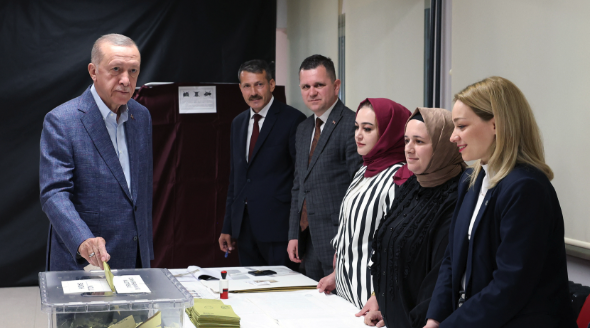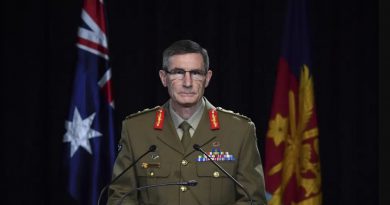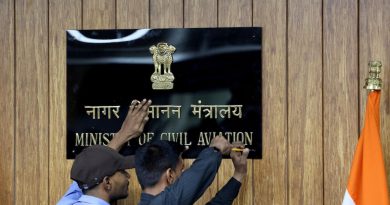Kurdish PUK party returns to cabinet meetings after boycott
Erbil (Reuters) – One of the dominant Kurdish parties in northern Iraq on Sunday ended a months-long boycott of regional government cabinet meetings with its main coalition partner, easing tensions between factions that fought a civil war in the 1990s.
The rifts had been a source of alarm to Western countries, and especially the United States, which has backed both factions, most recently in the fight against Islamic State.
The Patriotic Union of Kurdistan Party (PUK) ministers returned to cabinet meetings for the first time since a rare assassination in the city of Erbil in October last year, according to three Kurdish government officials who spoke on condition of anonymity because they are not authorized to speak to the media.
Iraqi Kurdish Prime Minister Masrour Barzani’s ruling Kurdistan Democratic Party (KDP) which has long tussled for influence with its junior coalition partner in government, the Patriotic Union of Kurdistan (PUK), led by the Talabani clan, have largely kept a lid on mistrust since the war.
But the KDP blamed the PUK for the brazen assassination of intelligence officer Hawker Abdullah Rasoul, triggering a series of incidents that have strained the power-sharing arrangement.
The PUK has strongly denied the accusations, saying they are politically motivated.
Political relations deteriorated to the point where PUK ministers boycotted meetings of the Kurdistan Regional Government (KRG).
Last week, Barzani and Deputy Prime Minister Qubad Talabani met for the first time since the assassination and agreed to work together to overcome their differences, according to statements posted on their Twitter accounts, along with a photo of them looking at each other and smiling.
The breakthrough came days after a U.S. foreign ministry delegation, including Barbara Leaf, the U.S. Assistant Secretary of State for Near Eastern Affairs, visited Erbil and met with leaders from both parties.
Analysts have said the rift is a major distraction from what the government should be doing to address public service problems and high unemployment in a region rich in oil and gas.



